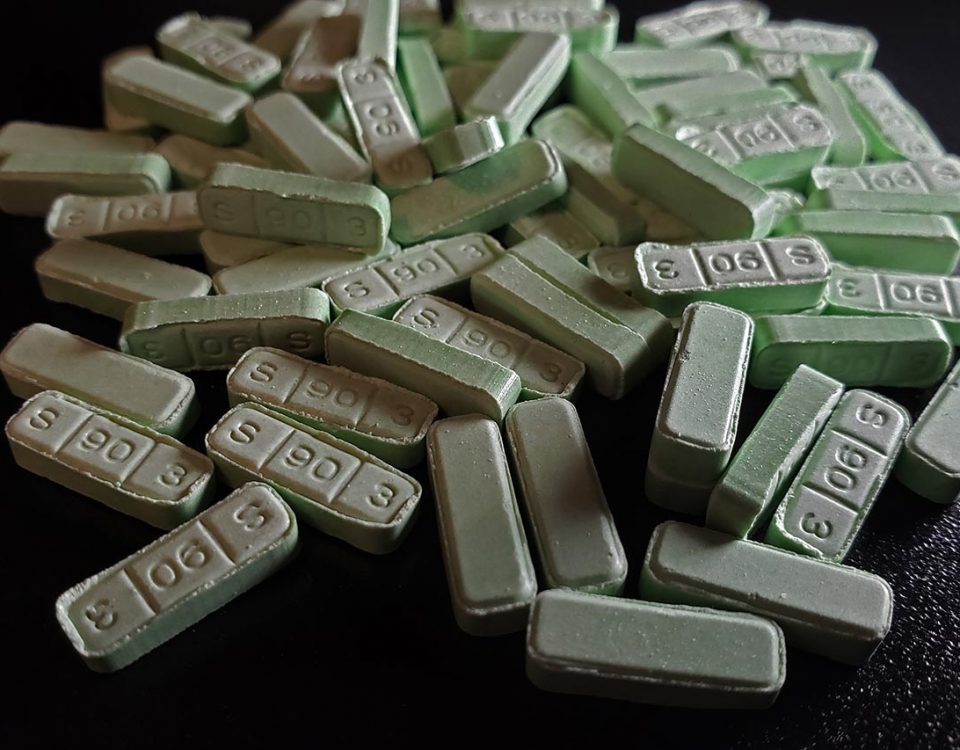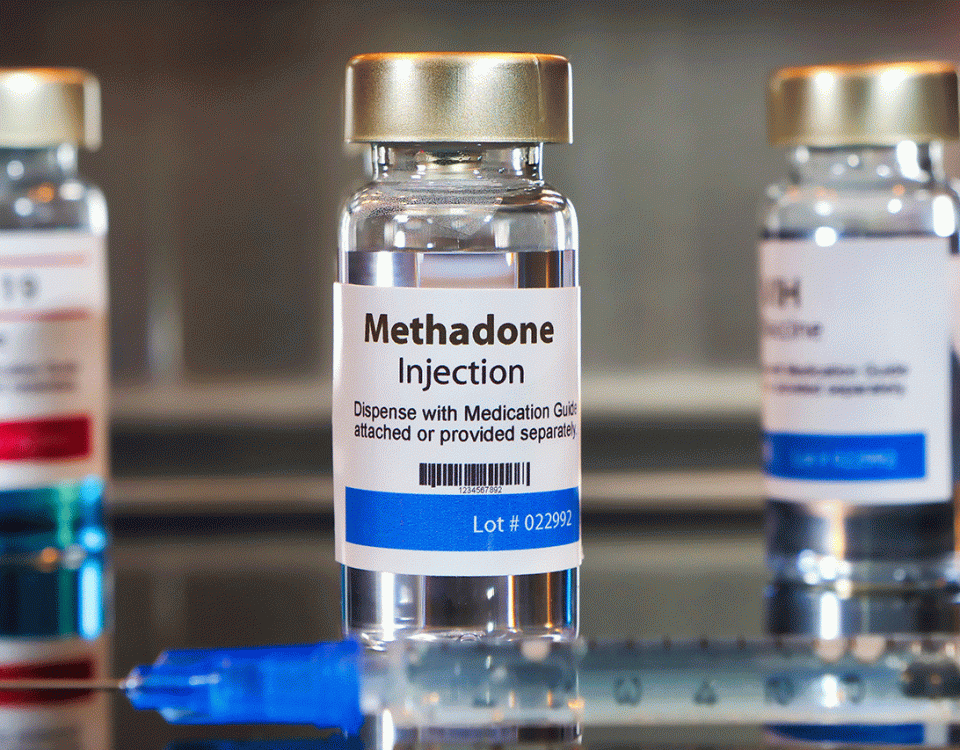Para-fluorofentanyl (pFF) is a dangerous substance that has piqued the concern of addiction treatment and medical professionals. This chemical variation, which is derived from the already powerful fentanyl, offers a unique set of differences and challenges to those who attempt to use it. This distinction has significant public health ramifications since even minute concentrations of para-fluorofentanyl can have disastrous effects. Banyan Treatment Centers Massachusetts examines the subtle differences between this drug and its parent molecule, highlighting the dangers of using it and the vital need for knowledge and action against this powerful opioid threat.
What Is Para-Fluorofentanyl?
The synthetic opioid para-fluorofentanyl, sometimes referred to as 4-fluorofentanyl or p-fluorofentanyl, is a member of a group of strong analgesic medications. It is a synthetic form of fentanyl, an extremely strong opioid that is prescribed for the treatment of pain in specific clinical situations. However, para-fluorofentanyl is considered an illegal drug and has not been licensed for use in any medical applications. The addition of a fluorine atom to the para position of the phenyl ring sets para-fluorofentanyl apart from its parent chemical, fentanyl. Its pharmacological characteristics, such as potency and affinity for opioid receptors, may be affected by this alteration to the chemical structure.
The use of other fentanyl analogs, such as para-fluorofentanyl, has serious health concerns. Owing to its extraordinary strength, even minute quantities of para-fluorofentanyl have the potential to cause overdose and dangerously high respiratory depression. This illegal drug has been linked to an increasing number of overdose deaths, exacerbating the opioid crisis. Therefore, knowledge of the characteristics of para-fluorofentanyl and the risks it poses is essential for public health initiatives that try to stop opioid consumption and stop more deaths caused by its usage.
How Strong Is Fluorofentanyl?
Fluorofentanyl, like other fentanyl analogs, is extraordinarily potent. It is estimated to be several times more potent than morphine, which is already a powerful opioid painkiller. This means that even minuscule amounts of fluorofentanyl can lead to profound effects on the central nervous system, including intense pain relief and an elevated risk of respiratory depression. Due to its extreme potency, the margin between a therapeutic dose and a lethal dose of fluorofentanyl is extremely narrow, making it an exceptionally dangerous substance. Even experienced individuals in the realm of opioid use are at an elevated risk of overdose and associated complications when dealing with fluorofentanyl.
Para-Fluorofentanyl vs. Fentanyl: Understanding the Differences
Both fentanyl and para-fluorofentanyl are synthetic opioids with the same molecular structure. Nonetheless, a crucial differentiation can be seen in their individual chemical compositions. The addition of a fluorine atom to the para position of the phenyl ring distinguishes para-fluorofentanyl from its parent chemical, fentanyl. Numerous pharmacological features, such as potency, receptor binding affinity, and metabolic pathways, can be influenced by this change in molecular structure.
Notable differences to keep in mind include:
- Chemical structure:
- Para-fluorofentanyl: Contains a fluorine atom in the para position of the phenyl ring.
- Fentanyl: Doesn't contain this particular replacement for fluorine.
- Potency:
- Para-fluorofentanyl: Thought to be several times stronger than morphine and possibly even more potent than fentanyl.
- Fentanyl: Although less strong than other of its analogs, such as para-fluorofentanyl, this highly potent opioid is used medically to alleviate pain.
- Approved medical use:
- Para-fluorofentanyl: Not approved for any medical applications and is classified as an illicit substance.
- Fentanyl: Used medically for pain relief in clinical settings, such as during surgery or for severe chronic pain management.
- Risk profile:
- Para-fluorofentanyl: Because of its tremendous potency, this drug poses an extraordinarily elevated risk of overdose and related consequences.
- Fentanyl: Also carries a significant overdose risk, but it is relatively better studied and understood compared to its analogs like para-fluorofentanyl.
Although fentanyl and para-fluorofentanyl are both strong synthetic opioids, their chemical makeup and pharmacological characteristics distinguish them. The addition of a fluorine atom to the para position of the phenyl ring in para-fluorofentanyl greatly increases its potency, rendering it a much more dangerous drug than fentanyl. Comprehending these little variations is essential to realizing the distinct hazards linked to the usage of para-fluorofentanyl, highlighting the pressing requirement for focused treatments and instruction to lessen its influence on public health.
Massachusetts Drug Addiction Help for Fentanyl
In the battle against the opioid epidemic, seeking professional help is a crucial step toward recovery and healing. Banyan’s Massachusetts Addiction Treatment Center stands as a source of healing and hope for individuals struggling with opioid addiction. With a compassionate and evidence-based approach, our drug rehab near Boston provides comprehensive therapy that addresses the physical, emotional, and psychological aspects of addiction. Their team of experienced professionals offers tailored treatment plans, utilizing a combination of medical interventions, therapy, and holistic approaches to foster lasting recovery. By offering a supportive and nurturing environment, our Massachusetts rehabs empower individuals to reclaim their lives from the clutches of fentanyl addiction, paving the way for a brighter, drug-free future.









